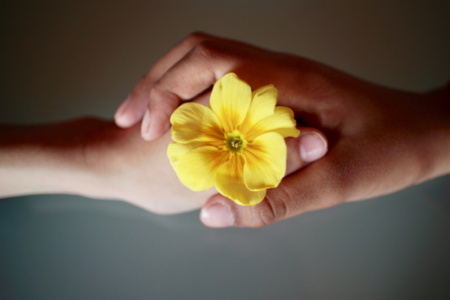Building on the theme of exploring our values, in this newsletter I wanted to expand on respect. What respect is and how respect is reflected in our Montessori community — respect for oneself, for others, for the environment and for our heritage. By integrating respect into all aspects of education, MIC fosters a holistic growth that nurtures not only intellectual development but also emotional, social, and moral growth.
Respect is defined by the Oxford dictionary* as a noun as “deferential esteem” and as a verb to “regard with deference; avoid degrading and insulting or injuring or interfering with or interrupting, treat with consideration.
Respect in the Classroom
In a Montessori classroom, respect is modelled through daily interactions and intentional practices that highlight the importance of kindness and consideration. Guides demonstrate respect by treating each child as an individual, listening to their ideas, and valuing their unique contributions, strengths and perspectives. Materials in the Montessori environment are also designed with respect for the child’s ability to self-correct. When they encounter challenges, the materials gently guide them toward understanding, allowing them to learn at their own pace without external pressure.
Respect for Others and Social Harmony
Montessori education places a strong emphasis on grace and courtesy—an intentional practice of teaching children how to interact with others respectfully and kindly. From a young age, students learn how to greet one another, ask for help, resolve disputes, and show empathy. Respect for others is cultivated through daily interactions, as children work together, share materials, and collaborate on projects.
This social respect extends to conflict resolution. In the Montessori way, instead of punitive measures, students are guided to express their feelings, listen to others, and find mutually respectful solutions. This approach aligns with restorative justice practices used at MIC, where respect for each individual’s perspective and the aim of restoring relationships is prioritised over punishment.
In any community, there will be moments when perspectives differ, but it is through respect that we can navigate these situations constructively. By respecting each person’s voice, we create space for genuine understanding and resolution, fostering a stronger sense of connection.
Respect for our land, culture and diversity
Respect extends beyond individuals to encompass our surroundings, the rich, diverse, land that has nurtured us and the generations of indigenous people in this place. Children are taught about the history and significance of the campus, along with the importance of honouring the traditions and wisdom of those who have come before us. They learn to appreciate and care for the natural environment through hands-on activities that promote sustainability, fostering a sense of responsibility toward the planet. In celebrating diversity, educators create an inclusive space where each child’s unique background and culture are acknowledged and valued, enriching the learning experience for everyone.
Respect and Trust
In a Montessori community, respect and trust are closely connected, with respect forming the foundation for trust among students and educators. When we respect each student’s individuality, learning style, and choices, we build a community where everyone feels valued. This respect encourages students to trust not only themselves but also their peers and teachers, creating a space where they feel safe to explore, make mistakes, and grow.
When respect becomes a shared value within a school, it extends beyond the classroom to the broader community. Students, teachers, and parents begin to model respect in all interactions—whether it’s in resolving conflicts, embracing differences, or working together to overcome challenges.
As we practice respect in all aspects of school life, we create a supportive, collaborative environment where relationships thrive, and trust is continually nurtured. This leads to stronger bonds, effective communication, and a resilient community capable of growing together through our shared values.
Natalie Smith – Principal
* Oxford Dictionary – 1991 published edition Oxford university press page 589
